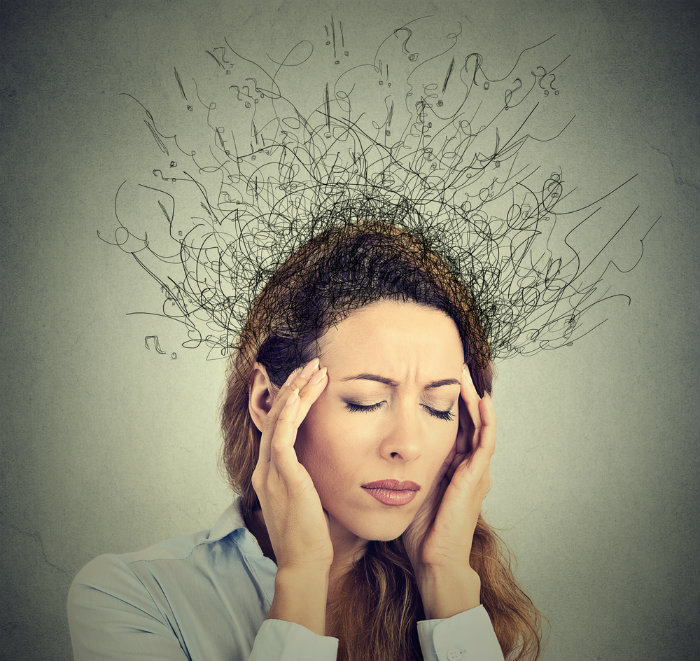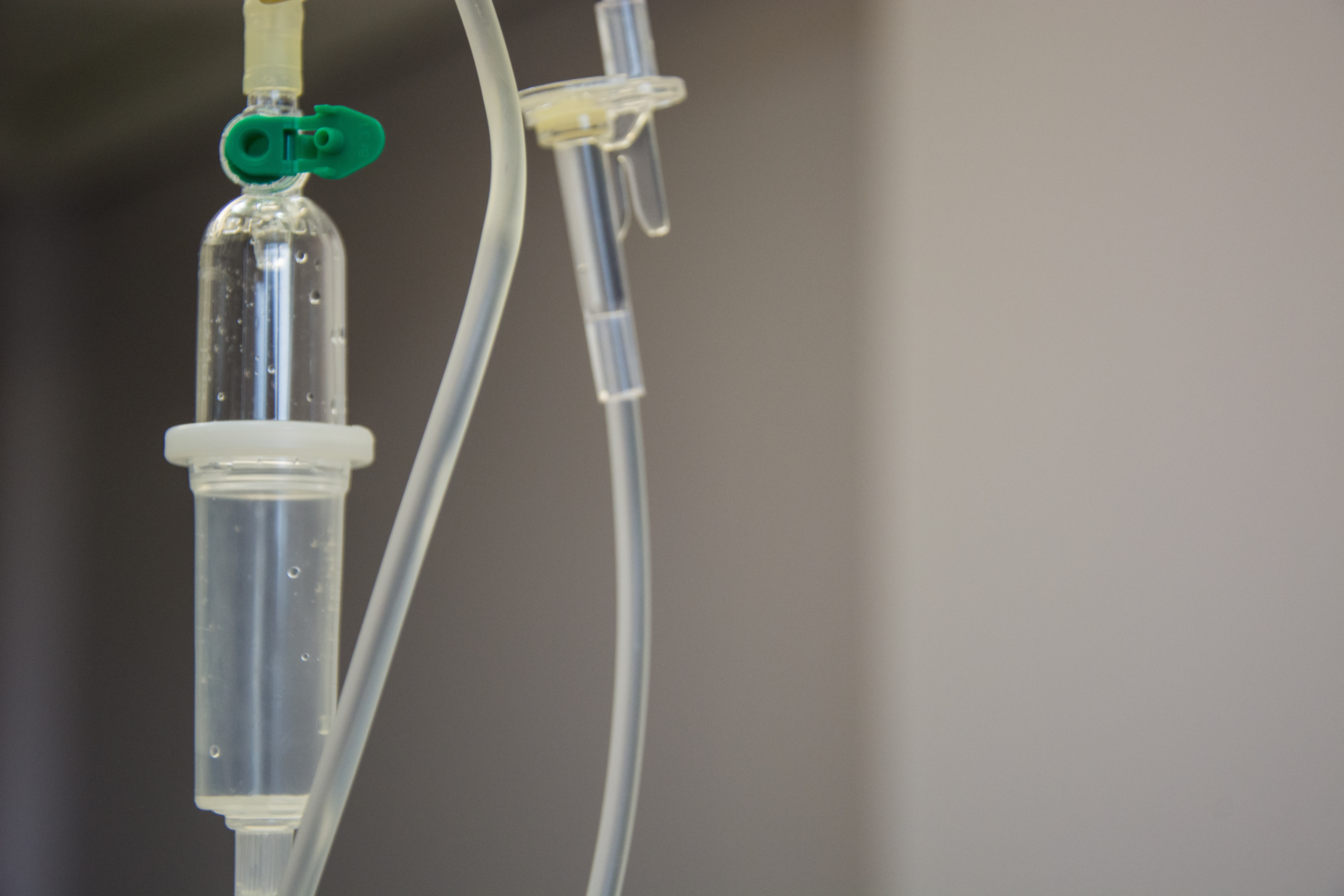(This post first appeared as my column on www.multiplesclerosisnewstoday.com)
One of the most troubling symptoms of multiple sclerosis, especially for those of us who are still working, is “brain fog”…not being able to concentrate… not feeling “sharp” when working on a task or solving problems.
So it was interesting to read about a new study that reports that patients with MS had better problem-solving ability and response time after training with a technology called transcranial direct current stimulation, or tDCS.
During tDCS, a patient wears a headset through which a low amplitude direct current is applied to the scalp. The stimulation makes it easier for neurons in the brain to fire. The result, say the researchers, is an improvement in the learning that takes place when patients use cognitive training games during rehabilitation. And, importantly, this technology doesn’t have to be applied in a clinic; it can be used by a patient at home.
“Our research adds evidence that tDCS, while done remotely under a supervised treatment protocol, may provide an exciting new treatment option for patients with multiple sclerosis who cannot get relief for some of their cognitive symptoms,” lead researcher Leigh E. Charvet, PhD, associate professor of neurology and director of research at NYU Langone’s Multiple Sclerosis Comprehensive Care Center, says in a release on this research. “Many MS medications are aimed at preventing disease flares but those drugs do not help with daily symptom management, especially cognitive problems. We hope tDCS will fill this crucial gap and help improve quality of life for people with MS.”
In this study, published in the Feb. 22 issue of Neuromodulation: Technology at the Neural Interface, the tDCS was targeted at the brain’s dorsolateral pre-frontal cortex. That’s an area linked to fatigue, depression and cognitive function. Twenty-five participants were provided with a tDCS headset that they learned to apply with guided help from the research team.
In each session, a study technician would contact each participant through online video conferencing, giving him or her a code to enter into a keypad to start the tDCS session. That allowed the tech to control the dosing. Then, during the stimulation, the participant played a research version of computerized cognitive training games that challenged areas of information processing, attention and memory systems.
Researchers found participants in the group treated with tDCS showed significantly greater improvements on sensitive, computer-based measures of complex attention and increases in their response times compared to the group that did cognitive training games alone.
The NYU team is currently recruiting for additional clinical trials involving 20 tDCS sessions and a randomized sham-controlled protocol, to gather additional evidence of benefits of tDCS. If you are interested in participating in one of the studies, call 646-501-7511 or email nyumsresearch@nyumc.org.
Caution: There are tDCS-type products that are being sold directly to patients, without being supported by researchers or information about how to use them. The researchers suggest you stay away from these. If you’re considering tDCS, they say, first speak with your doctor.




I’ve read of various kinds of brain-training, often using EEG — it’s interesting to think of MS related brain fog being treated in this way. I totally agree with you: the fog is tough, and I guess it’s because it’s hard to always and fully know if it’s there